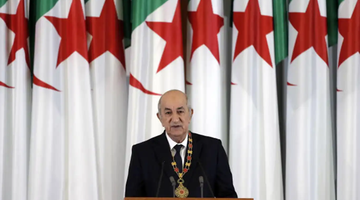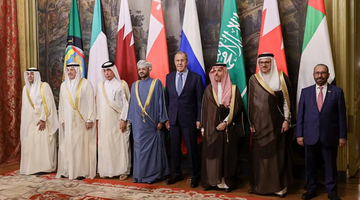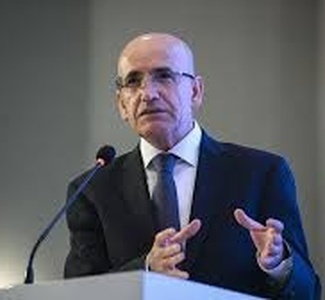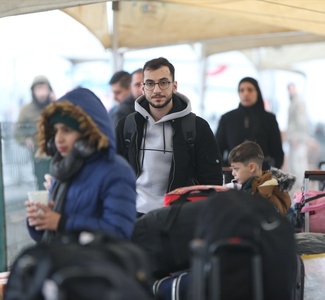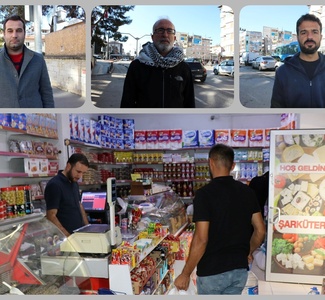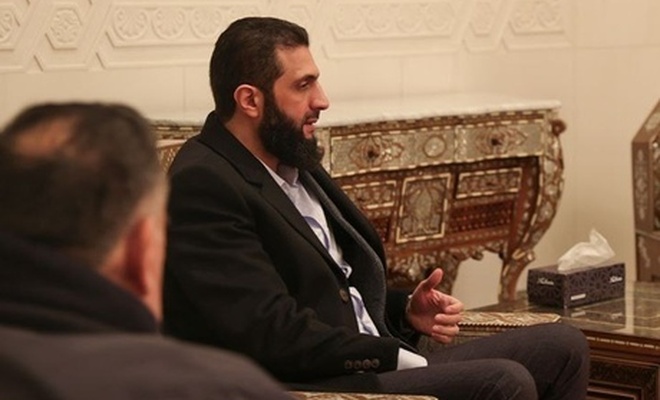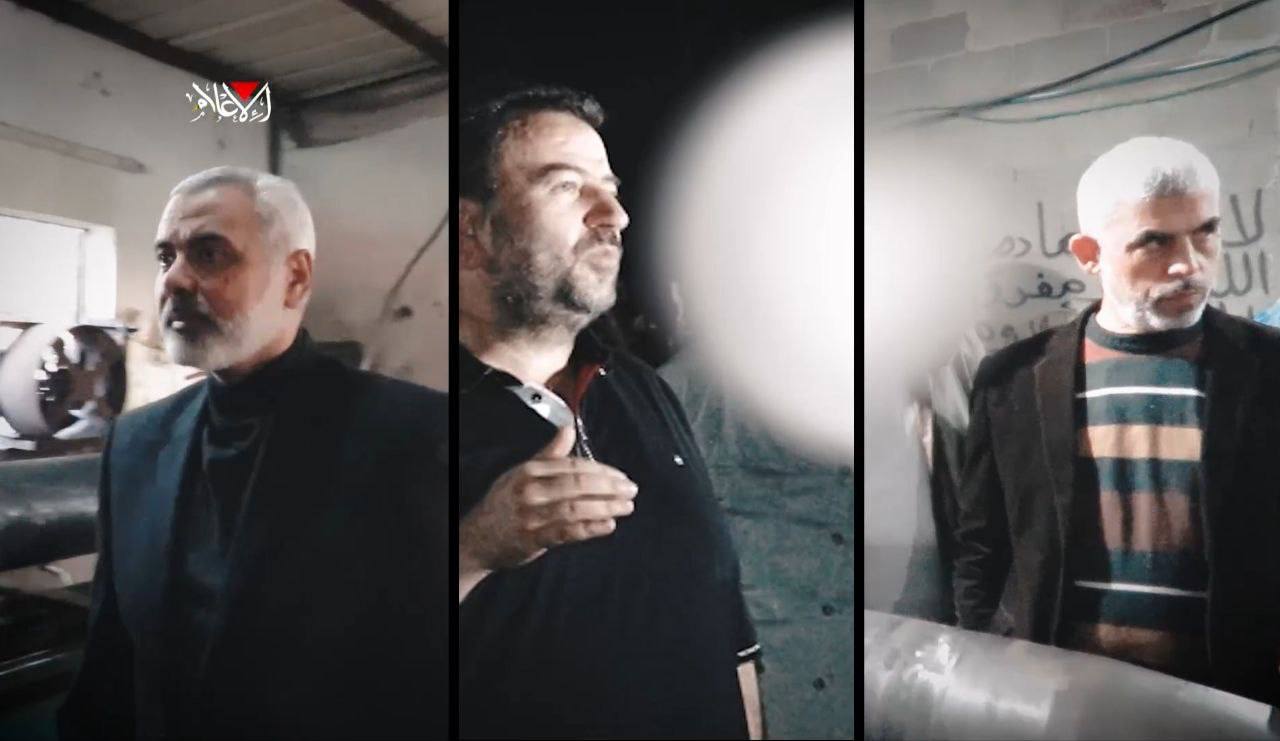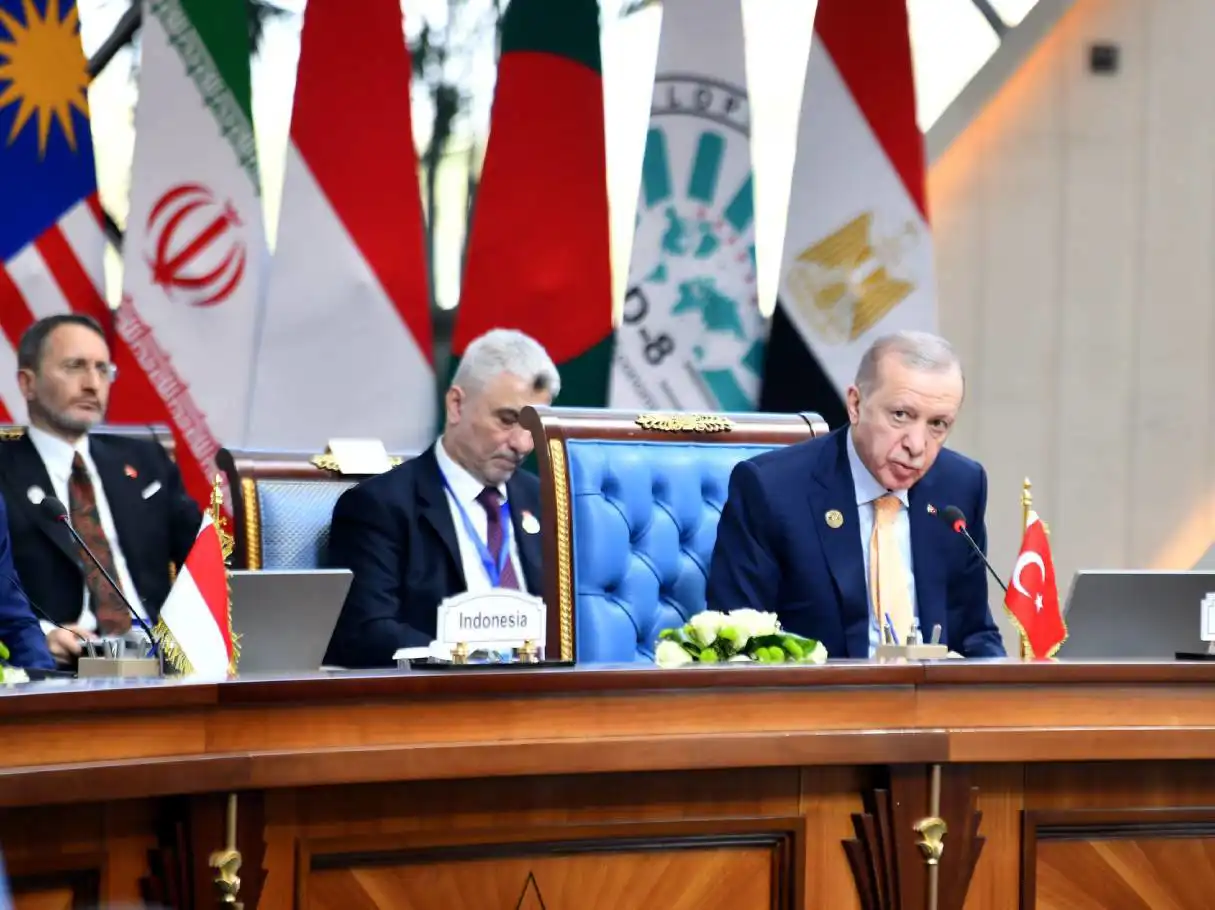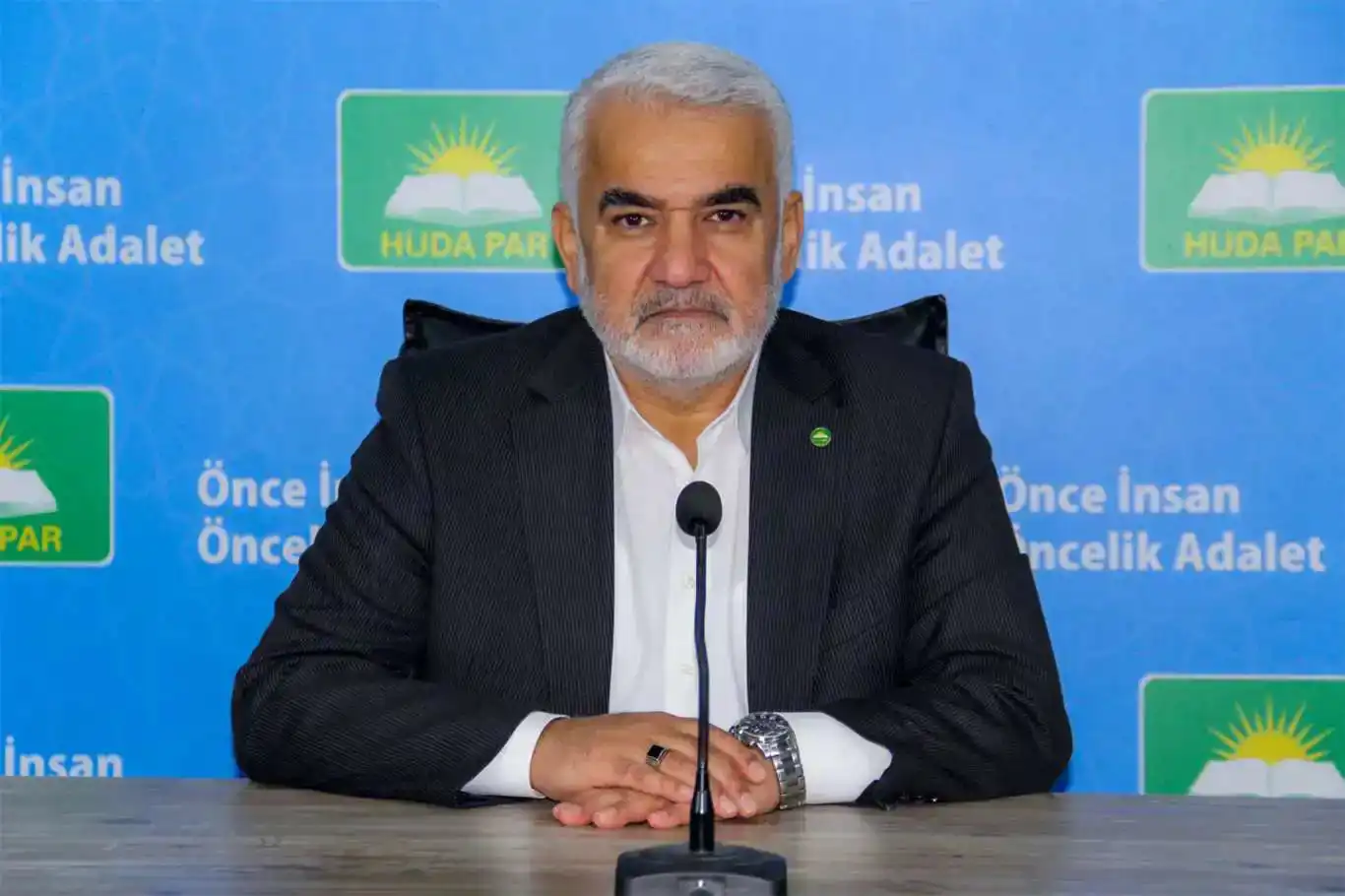Sudan conflict: Over 20,000 killed, millions displaced
The World Health Organization (WHO) has sounded the alarm over the worsening humanitarian crisis in Sudan, where more than 20,000 people have been killed since fighting erupted between the army and the Rapid Support Forces (RSF) paramilitary group in April 2023.
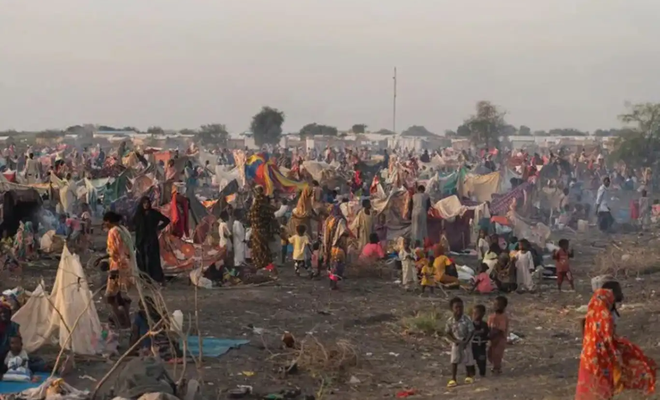
 Google News'te Doğruhaber'e abone olun.
Google News'te Doğruhaber'e abone olun. WHO Director-General Tedros Adhanom Ghebreyesus shared these grim statistics during a press conference in Port Sudan on Sunday, expressing profound concern over the scale of the violence and the international community's insufficient response.
During his two-day visit to the war-torn nation, Ghebreyesus revealed that the conflict has displaced over 10 million people within Sudan, with another 2 million refugees fleeing to neighboring countries such as Chad, South Sudan, and Egypt. “The scale of the emergency is shocking, as is the insufficient action being taken to curtail the conflict and respond to the suffering it is causing,” he said.
Widespread Displacement and Health System Collapse
Ghebreyesus warned that nearly half of Sudan’s 25 million people urgently need humanitarian aid, while an estimated 70% of the country’s health facilities have ceased operations. The destruction of healthcare infrastructure, combined with the displacement of millions, has exacerbated Sudan’s already fragile health system. Diseases such as cholera, malaria, dengue, and measles are spreading rapidly, and there is an urgent need for vaccines, medications, and health workers.
The WHO Director-General's visit included stops at WHO-supported healthcare facilities in Port Sudan, where he witnessed firsthand the dire state of children suffering from acute malnutrition. He described being “shaken” by the sight of wasted infants and “stunned” by the harrowing accounts of their displaced mothers, many of whom have been forced to flee their homes multiple times due to the ongoing conflict.
“The health system in Sudan is on the verge of collapse,” said Ghebreyesus. “Over 70% of health facilities are no longer fully functional, leaving millions without access to basic medical care. This is a catastrophe not just for Sudan but for the entire region, as the conflict threatens to spill over and destabilize neighboring countries.”
A "Perfect Storm" of Crises
Sudan is currently grappling with what the WHO has called a “perfect storm” of crises. In addition to the violence, the country is facing unprecedented levels of displacement, acute food insecurity, natural disasters, and widespread disease outbreaks. Over 25 million people—more than half of the population—are expected to face high levels of food insecurity, with famine already reported in some regions.
Ghebreyesus pointed to a combination of factors driving this catastrophe, including the collapse of agricultural production, flooding, the bursting of dams, and repeated attacks on humanitarian aid workers and health facilities. WHO has recorded over 100 attacks on healthcare facilities and humanitarian operations since the conflict began, severely hindering relief efforts.
“Sudan is facing one of the largest internal displacements in the world today, and yet it feels like the international community has forgotten about the country,” Ghebreyesus lamented. “We must not let the world turn a blind eye to the suffering of millions of Sudanese people.”
Calls for International Action
Ghebreyesus used the platform to call for an immediate ceasefire and a lasting political solution to the conflict, emphasizing that peace is the "best medicine" for Sudan. He urged the protection of health facilities, health workers, and patients, and called for sustained access to deliver much-needed humanitarian aid.
The WHO has been working with its partners on the ground to scale up disease surveillance, vaccination programs, and health services in the affected areas. However, Ghebreyesus made it clear that far more support is needed to meet the scale of the crisis.
“Sudan’s humanitarian sector has requested $2.7 billion to address the urgent needs of its people, yet less than half of this amount has been received,” he said. “This is woefully inadequate given the magnitude of the crisis. The world must step up and provide the resources necessary to save lives and prevent further suffering.”
The International Community's Response
While the international community has provided some aid, Ghebreyesus stressed that it is nowhere near enough. He highlighted the importance of increasing financial support, ensuring safe access for humanitarian workers, and safeguarding essential health services.
Sudan’s conflict has global ramifications, as the instability threatens to spread across borders. Countries in the region are already feeling the strain of refugees, and the longer the conflict continues, the greater the risk of regional destabilization. Ghebreyesus also warned of the long-term impacts on Sudan’s future, with an entire generation of children growing up amid war, displacement, and disease.
“The people of Sudan deserve better,” Ghebreyesus said in his concluding remarks. “We must not fail them. We must do everything in our power to bring an end to this conflict and to provide the humanitarian assistance that is so desperately needed.”
Hope for Sudan
Despite the grim outlook, Ghebreyesus offered a glimmer of hope, reiterating WHO’s commitment to working alongside local and international partners to mitigate the crisis. “If we can secure the resources and access we need, we can save millions of lives—especially the most vulnerable, including children and women, who are teetering on the edge of survival.”
Ghebreyesus’s appeal is a stark reminder of the immense human suffering in Sudan and a call to action for the global community to intervene before the situation worsens further. As the conflict enters its 17th month, the need for a coordinated international response has never been more urgent.
“We must not let Sudan’s people continue to suffer in silence. The world must wake up to their plight and act decisively to bring peace and relief to this proud and resilient nation.” (ILKHA)




























